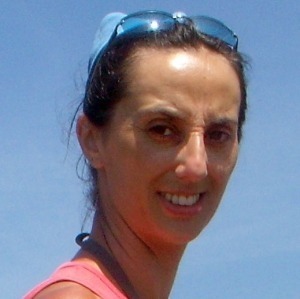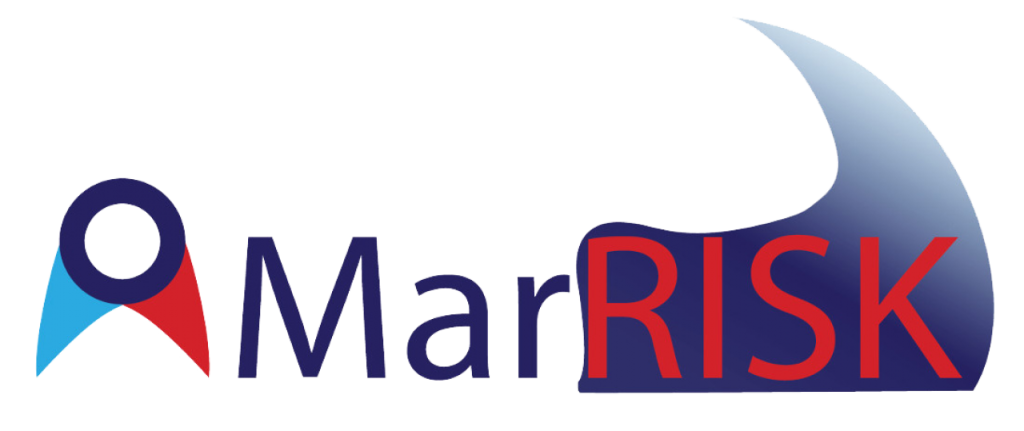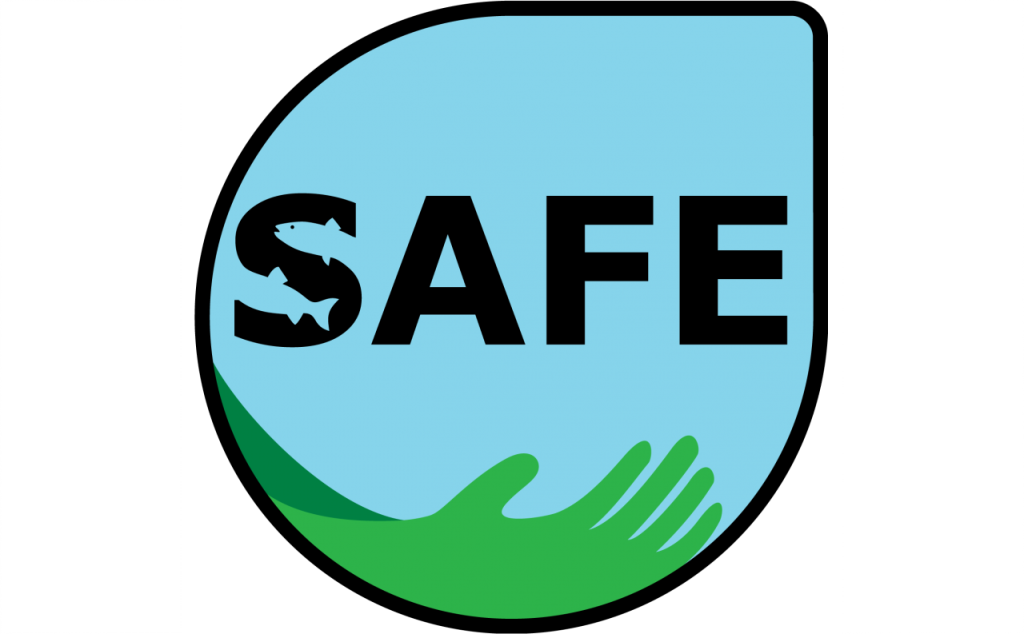

Investigador
Puri Veiga graduada em Ciências do Mar (2000) pela Universidade de Vigo, completou o seu Master em Biodiversidade e Conservação (2003) e o seu Doutoramento (2008) pela Universidade de Santiago. Atualmente é Investigadora Auxiliar no CIIMAR financiada pelo “Estímulo ao Emprego Científico”. A sua investigação está focada na biodiversidade marinha, desde taxonomia básica a tópicos mais aplicados, como o estudo dos efeitos antropogênicos na biodiversidade, as suas consequências para o bem-estar humano e como atenuá-los usando espécies formadoras de habitat como soluções baseadas na natureza. A sua investigação inclui a descrição dum género e de 7 novas espécies de invertebrados.
EQUIPAS DE INVESTIGAÇÃO:
Biodiversidade Costeira










